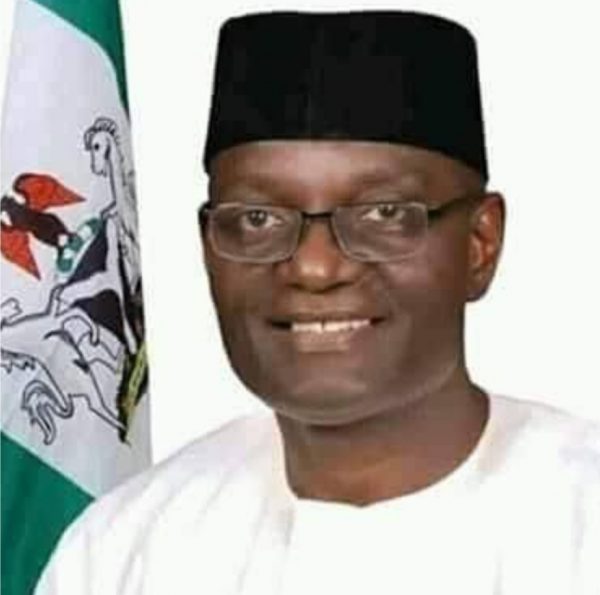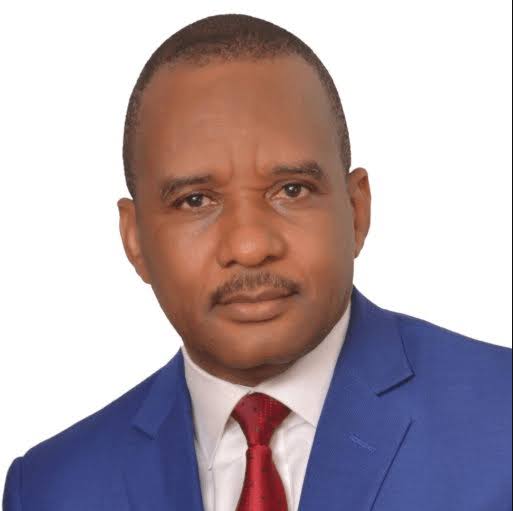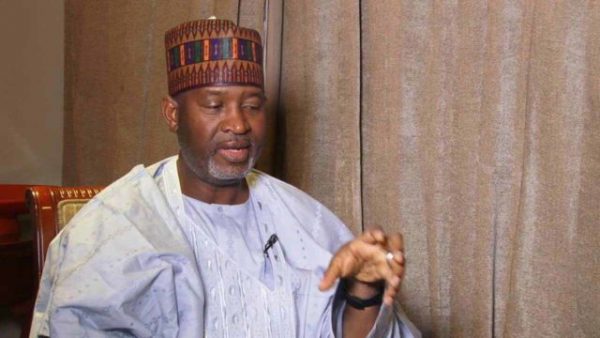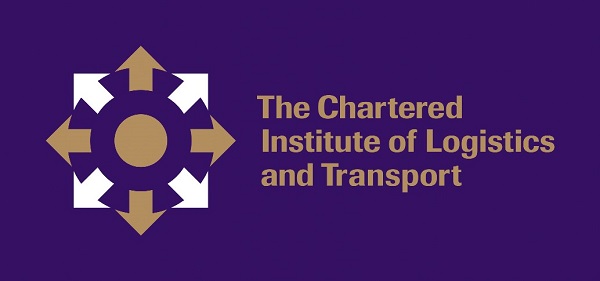Improved Ship Registry Will Boost Nigeria’s Ship Finance Opportunities – Dakuku
-
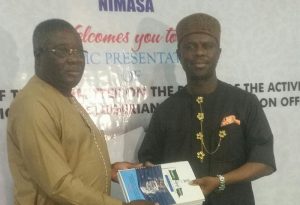
R-L: The Director General of Nigerian Maritime Administration and Safety Agency (NIMASA) Dr. Dakuku Peterside receiving a report from the Committee Chairman saddled to reform the Nigerian ship registry, Engr. Emmanuel Ilori at NIMASA boardroom, yesterday. NIMASA Sets 72-hour deadline to announce implementation monitoring committee
By Kenneth Jukpor
The Director General of Nigerian Maritime Administration and Safety Agency (NIMASA) Dr. Dakuku Peterside has tipped an improved Nigerian ship registry to give global financial institutions confidence to support the Nigerian shipping sector, especially in the aspect of ship finance.
Dakuku, who was speaking to newsmen after receiving the final report from a committee tasked to reform the Nigerian ship registry, noted that the ship registry was central to the technical integrity of the nation’s flagged vessels and could have positive effects on ship finance, seafaring and the technical integrity of the nation.
He said, “If your vessel flies the Nigerian flag and the Nigerian ship registry commands respect, global financial institutions would be willing to transact with you because they know about the integrity of the Nigerian flag. It means you can access their loans at a competitive rate. There are opportunities for funding out there but if your flag doesn’t command respect people would deal with you with caution”
He also noted that a respected ship registry attracts the best seafarers and enhances the opportunities for the country’s seafarers.
“If a seafarer has worked for a British flag ship before, as a result of the credibility of that ship registry it is assumed that that seafarer is capable. So, an improvement in the Nigerian ship registry would also mean better recognition and acceptability for the Nigerian seafarers.
“This would improve Nigeria’s reputation on the international scene and it gives operators access to finance in the global scene. In every dimension, the quality of your ship registry determines your credibility in the marketplace”, he added.
The NIMASA boss also noted that the agency would set a 72-hour deadline for the announcement of an implementation and monitoring committee to reform the nation’s ship registry.
Dakuku also gave assurance that the NIMASA management would religiously implement the recommendations in the report which took over a year to conclude, stating that he was already impressed with the preliminary report which showed the level of commitment put into the work by the committee members.
“Nigeria and Nigerians deserve the best in shipping. Nature has endowed us and we have no reason not to compete with the best in the globe. On that note, we want to thank all members of the Committee because you have made enormous sacrifice. You have shown your sense of patriotism for the good of this country” Dakuku said.
The NIMASA boss stressed that the Nigerian Ship Registry wouldn’t be complete without a record of the selfless role the committee played in developing the report.
Earlier, the Chairman of the Committee, Engr. Emmanuel Ilori noted that Nigeria’s ship registry had already made some progress as a result of the activities of the committee and NIMASA’s willingness to implement the issues highlighted in the preliminary report.
Ilori thanked the NIMASA management as well as his committee members for their unflinching support throughout the exercise.
“As at the time you asked us to do this assignment in 2018, nobody was proud to fly the Nigerian flag and one of the first things we did was to find out what led to the lack of confidence and technical integrity from financial institutions, but today there has been improvement” he said.
However, Ilori expressed confidence that if the tenets of the reports were implemented religiously, the nation’s ship registry and the entire maritime space would observe notable changes.
“We were in Norway, the United Kingdom, America to speak with the classification societies and leading maritime organization’s and most places we went we were able to extract some commitment and support to improve the Nigerian ship registry” Ilori said.
He also stated that the Nigerian Liquefied Natural Gas (NLNG) had also indicated readiness to fly the Nigerian flag following the implementation of the recommendations in the report.



